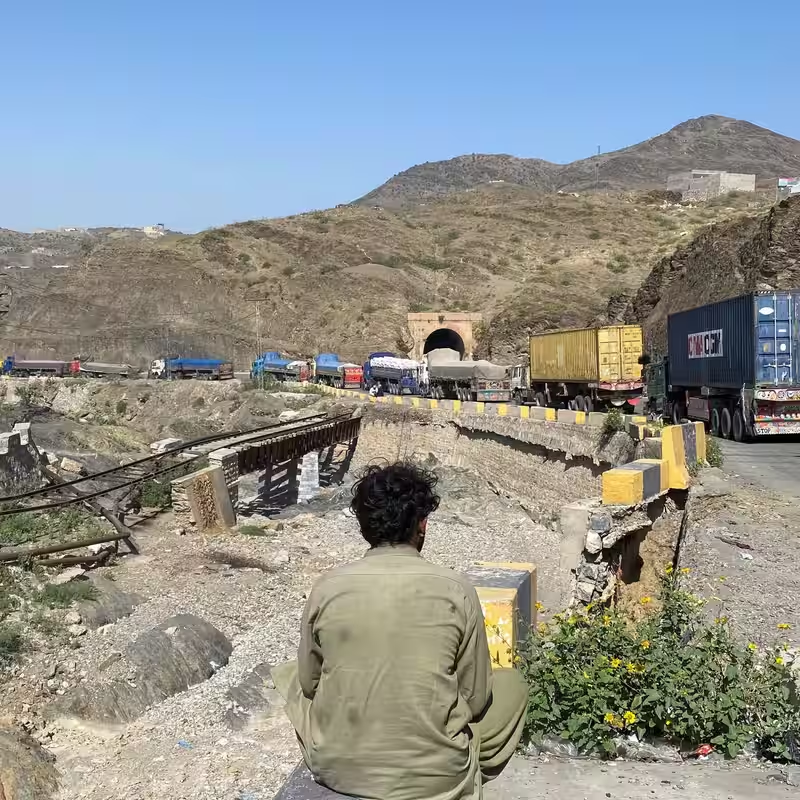Table of Contents
- Deadly Escalation Along the Border
- What Sparked the Latest Violence?
- Conflicting Claims from Kabul and Islamabad
- Regional Powers Urge Restraint
- Taliban Warns Against Future Violations
- Sources
Deadly Escalation Along the Border
In one of the most intense military confrontations in years, Afghanistan and Pakistan exchanged heavy fire overnight on Sunday, October 12, 2025, raising fears of a broader regional conflict. The violence, concentrated along the volatile Durand Line—the disputed border between the two nations—has left dozens reportedly dead and heightened tensions between the Taliban-led government in Kabul and Pakistan’s military establishment.
According to Afghan officials, the Taliban launched “retaliatory operations” targeting Pakistani military outposts. These actions followed what Kabul described as unprovoked Pakistani airstrikes that violated Afghan airspace and struck a bustling market near the border on Thursday.
What Sparked the Latest Violence?
The recent flare-up didn’t emerge in a vacuum. Over the past week, a series of attacks—including a deadly strike in Kabul and another at a border market—were blamed by the Taliban on Pakistan. While Islamabad has not publicly claimed responsibility for these incidents, the Taliban government insists that Pakistani intelligence and military assets were involved.
This pattern of accusation and counter-accusation has become increasingly common since the Taliban’s return to power in 2021, with both sides accusing each other of harboring militants and supporting cross-border terrorism.
Conflicting Claims from Kabul and Islamabad
Zabihullah Mujahid, the chief spokesman for the Taliban government, announced on Sunday that Afghan forces had killed “dozens” of Pakistani soldiers during the overnight operation. He emphasized that the situation was now “under full control” along all official borders.
Pakistan’s military confirmed an exchange of fire but offered no details on casualties or the scale of the engagement. Notably, Pakistani officials did not address the Taliban’s specific claims, maintaining a cautious public stance.
Regional Powers Urge Restraint
As fears of escalation grow, neighboring countries have stepped in to mediate. Qatar and Saudi Arabia—both of which maintain diplomatic channels with the Taliban—reportedly helped broker a temporary ceasefire that took effect at midnight. Iran has also called for de-escalation, warning that unchecked violence could destabilize the entire region.
Interestingly, India—fresh off its announcement on Friday to expand diplomatic ties with the Taliban—has remained silent on the latest clashes, a move analysts say reflects New Delhi’s cautious recalibration of its Afghanistan policy.
Taliban Warns Against Future Violations
In a strongly worded statement, Mujahid declared that any future breach of Afghan sovereignty “will not go unanswered.” This marks a significant hardening of the Taliban’s foreign policy posture, signaling that Kabul may no longer tolerate what it perceives as aggressive actions from Islamabad.
With both nations possessing nuclear capabilities and complex internal security challenges, the international community is watching closely to see whether this incident remains isolated—or becomes the spark for something far more dangerous.
Sources
The New York Times: Overnight Violence Between Afghanistan and Pakistan Threatens a Wider Conflict




